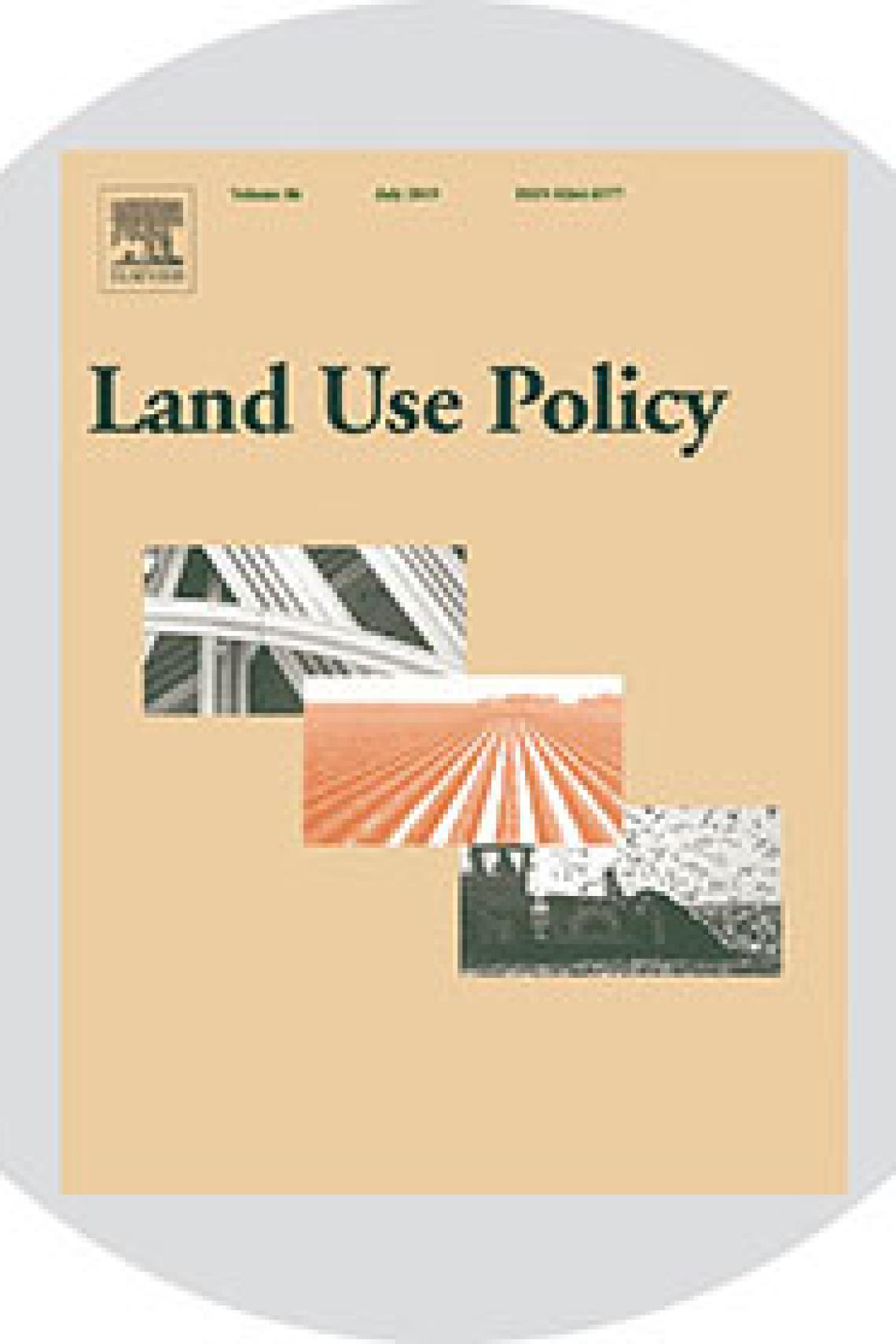New article co-authored by Santiago Izquierdo Tort explores decision-making, land management in PES programmes
A new article co-authored by recently completed DPhil Santiago Izquierdo Tort explores decision-making and land management by landlords in Payments for Environmental Services (PES) programmes.
PES have mushroomed since the late 1990s as a key strategy to curb forest loss and degradation. They typically provide conditional incentives for the conservation of standing forests, often through short-term and renewable contracts.
Although the topic of participation in PES has been covered extensively, there is a gap in the literature when it comes to a more comprehensive examination of how landholders make decisions about which lands to enrol in a PES programme. This article investigates how people make PES-related land use decisions and how they manage enrolled and non-enrolled lands during their contracts.
The authors build a framework rooted in social-ecological systems that accounts for the characteristics of resource users involved in PES, and the multiple motivations and decision-making processes related to land use.
Their mixed-methods approach combines geospatial land distribution and forest cover loss analysis in a region of six communities in the Mexican Lacandona Rainforest, and in-depth qualitative research among three of these communities.
The geospatial analysis shows that compliance with PES on enrolled parcels may coevolve with extensive forest loss if people ‘partially’ participate in PES by enrolling only a fraction of their eligible lands. The qualitative research shows that decisions about which lands to enrol in PES involve a complex cognitive mix – combining rational behaviour, biases and heuristics – reflecting a series of tensions between land opportunity costs, livelihood aspirations and constraints for expanding the agricultural frontier.
Based on the findings, the authors discuss how a better conceptualisation of resource users involved in PES, and their land-related behaviour, enables a more complete understanding of the decision-making processes underlying enrolment outcomes.
Santiago completed his DPhil at ODID in 2018; the new article draws on part of his doctoral research. He is now a Lecturer in Development Economics at Instituto Tecnológico Autónomo de México (ITAM).
Santiago Izquierdo-Tort, Fiorella Ortiz-Rosas and Paola AngélicaVázquez-Cisneros (2019) ‘”Partial” participation in Payments for Environmental Services (PES): Land enrolment and forest loss in the Mexican Lacandona Rainforest’, Land Use Policy, DOI: 10.1016/j.landusepol.2019.04.011

